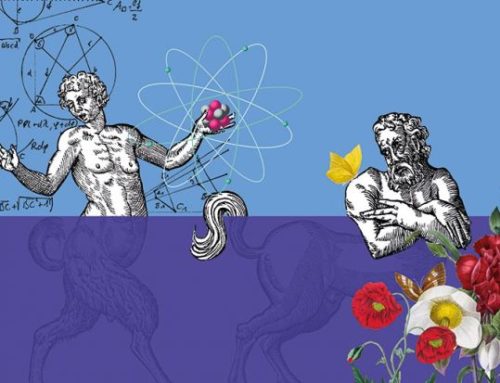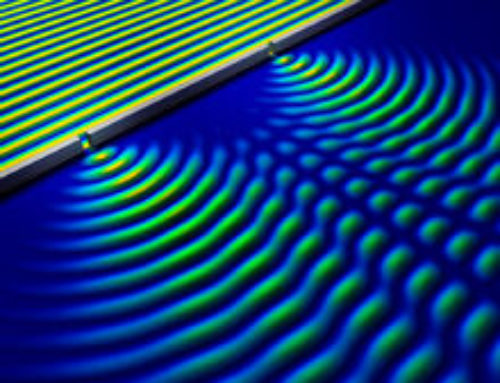When Project Q began its investigations into quantum innovation in 2013, the prospect of a functioning quantum computer was often given, at best, as somewhere between 15 to 20 years out. With each passing year, the timeline began to collapse.
This month the Project Q team once again took to the road for its documentary film. We visited the big names in quantum computing (as well as some smaller start-ups) and interviewed some of the key thinkers in the field. The takeaway? Quantum supremacy – the moment when a quantum computer solves problems a classical computer cannot – could well be reached in the next six months.

For those unfamiliar with the differences, quantum computing represents not only a substantive jump from classical computing but revolutionises the very way in which computing processing takes place. Qubits, the quantum-bits that form the basic elements of a quantum computer, are able to exist in multiple states of 1 and 0, whereas classical computers use digital bits operating in on-off states of either 1 or 0. The superposition of states vastly improves the rate in which calculations are made, and opens the door to new and potentially disruptive applications.
One of the highlights of trip was our visit to the quantum Google Lab in Santa Barbara, California, where we interviewed chief scientist John Martinis in a meeting room named after Richard Feynman, the brilliant physicist who first came up with the idea of a quantum computer in 1981 (yes, there were bongo drums).

Project Q visits John Martinis at Google Lab
The development of a 49-qubit chip by Alphabet (Google’s parent corporation) was not only mooted but given a roll-out date of the end of the year. While a practical quantum computer for the end user might still be a decade away – and require hundreds of thousands of qubits and robust quantum error correction – a 49-qubit chip paves the way towards quantum supremacy in areas like the factoring of prime numbers (which keeps the NSA up at night) or the simulation of complex systems (which would be very useful in chemistry, medicine and weather prediction).
Upon landing back in Sydney, we found many of our findings confirmed in a lead article in the Wall Street Journal. Keeping one eye on the shrinking timeline for quantum computing, and the other on a growing need to bring the public up to speed, we decided it might also be a good idea to move up the delivery date of our documentary film, Project Q: The Question of Quantum.






[…] intelligence, threats posed by quantum to encryption and data security have slid under the radar. As we and others have written about before, the dramatically increased computing power provided by qubits not only facilitates more efficient […]